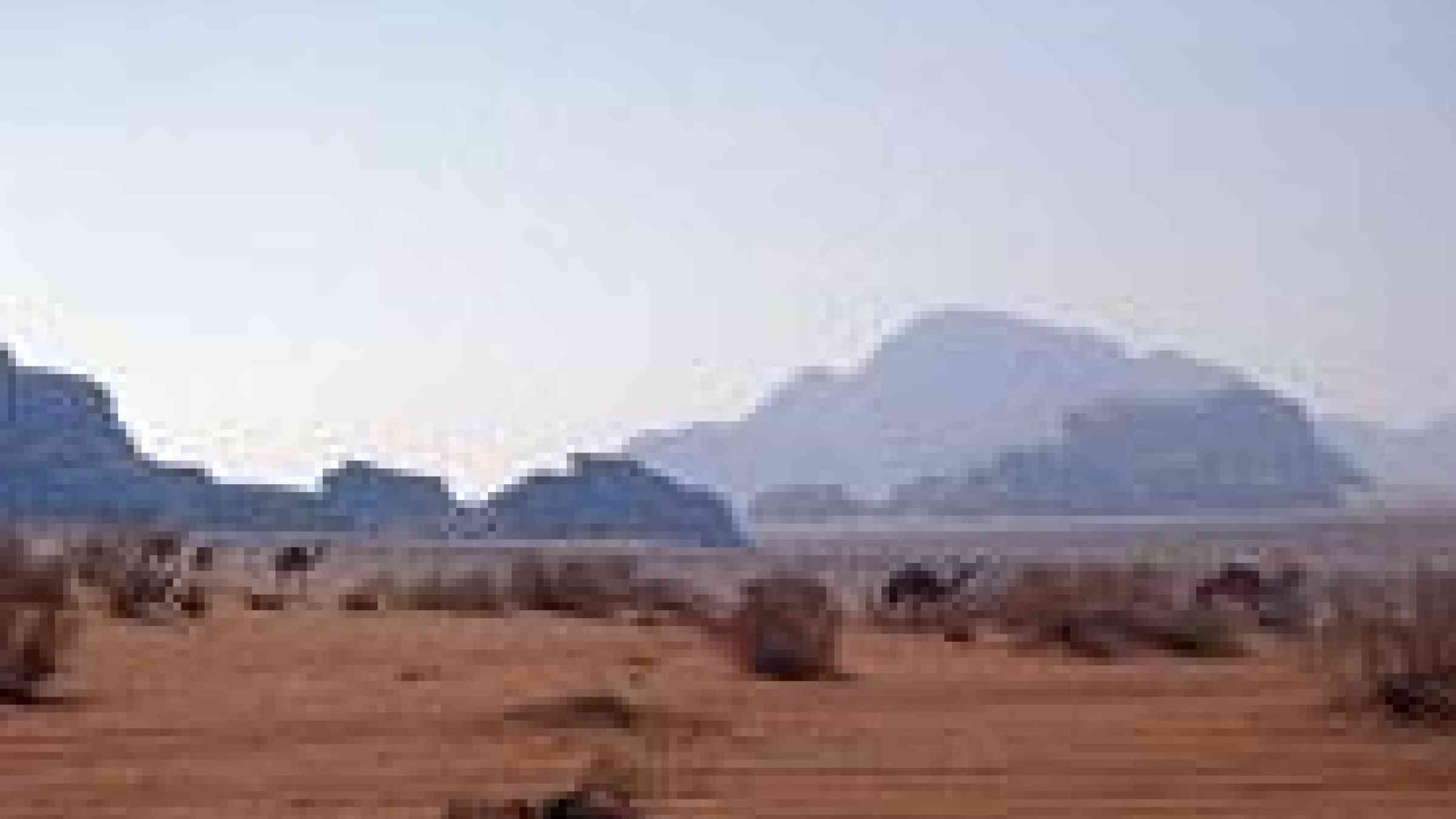
Amman - Jordan is set to launch a national policy this month for mitigating and adapting to the impacts of climate change, making it the first Arab country to do so, according to its environment ministry.
The policy, a strategic document, recognises that women and children are particularly affected by climate change, for example because of its impact on food prices and the spread of disease at local and household levels.
Apart from gender considerations, the policy also addresses the status of other vulnerable groups such as poor farmers whose adaptive capacity is low.
SPEED READ
- The policy recognises women's vulnerability to climate change
- It assesses the barriers to climate change adaptation and recommends research priorities
- A committee is needed to put the policy into action, says an expert
The policy assesses the barriers facing climate change adaptation and sets out recommendations for national research priorities, such as water and agriculture.
It is also suggests solutions for a country that the World Bank ranks as the fourth poorest in the world for water resources.
"Enhancing connectivity between research and policymaking will lead to better environmental management," Ahmad Al Qatarneh, the secretary-general of the Ministry of Environment tells SciDev.Net.
His ministry has drawn up the policy in cooperation with the UN Development Programme (UNDP) and the Global Environment Facility, a financial mechanism for UN conventions on environment.
Al Qatarneh says the policy will include practical examples of adaptation, such as restoring Jordan's second largest river — the heavily polluted Zarqa River— to boost the country's water resources.
The policy will also suggest amendments to Jordan's environmental protection laws to strengthen its compliance with three UN conventions: on biodiversity, climate change and desertification.
Batir Wardam, an environmentalist who is working with UNDP as a project manager for the third national communication report on climate change in Jordan, tells SciDev.Net that the country's environment law has not been significantly revised since 2005.
In addition, he says, the lack of any climate change policy has prevented the country from receiving adaptation funds and donations.
In a possible foretaste of climate change's impact, Jordan was hit by floods in January. These resulted in the flooding of about 8,500 acres of farmland, according to the Jordanian Ministry of Agriculture, and demolished 500 Syrian refugee tents, according to the International Union for Conservation of Nature(IUCN).
"We always expected that Jordan would suffer from drought, but we were surprised that the opposite is what happened, as torrential rains swept through the country and sparked widespread flooding," says Mufleh Al Abbadi, a project manager at the IUCN's Regional Office for West Asia.
For example, one farmer's house was damaged and most of his farm animals killed, causing him more than US$100,000 in losses, he says.
"The next step should be forming a permanent national committee to put policies into action," says Ahmad Abdel-Fattah, national project manager at UNDP-Jordan.
But he warns that the lack of government coordination may mean that Jordan's climate change policy remains ineffective. One solution is for NGOs to take the lead in its implementation, he adds.
Rehab Abd Almohsen currently holds an IDRC/SciDev.Net science journalism internship award.
This article has been produced by SciDev.Net's Middle East & North Africa desk.